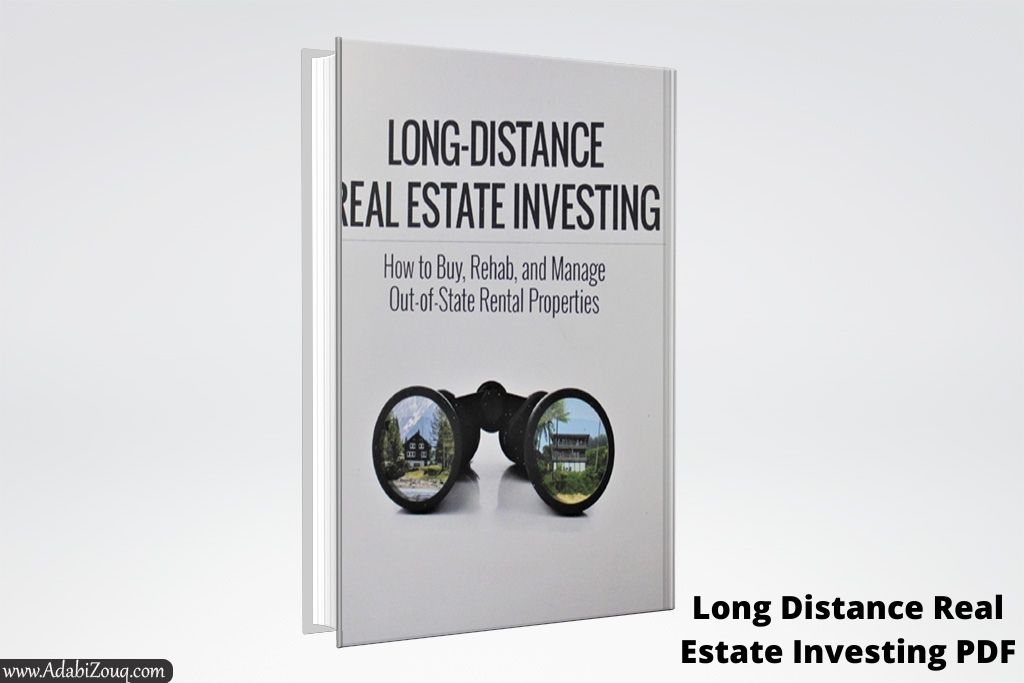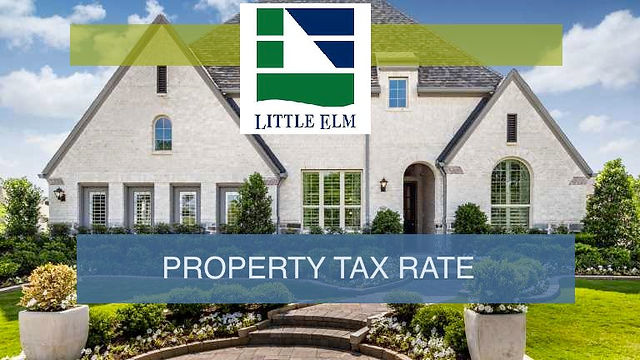
What is a Real Estate License, and how do you get one?
You must get your license if you intend to work as a realtor. Pre-licensing is required in most states. Real estate agents must pass an exam and renew their license at least every two years.
Why Get a Real Estate License?
There are many reasons to get a real estate license, including the following:
Risk Minimization
Having a real estate license can help you minimize your risks as a buyer or seller. It can help you gain credibility in your industry and offer an additional layer of oversight for your deals.
Potential Profits
If you are an investor, a real estate license could help increase your income. You can sell more properties and acquire more buyers. This will increase your profit margins.
Real Estate Brokership
Joining a brokerage is the best way to get a real-estate license. These companies usually offer support to their real estate agents. Depending on which company you are dealing with, this support might include administrative or marketing assistance.

These factors can make a big difference in your success and ability to be an agent. Ask around to see what reputation they have among clients.
Boutique Firms (Triplemint included)
In some cases, the best place to start is with a boutique firm that is focused on supporting their real estate agents. They can be especially effective in the early stages of an agent's career because they provide comprehensive support and structural accountability to their team members.
Larger Companies
Bigger brokerages are more likely to have greater resources like the ability or access to more listings, and to handle more transactions. However, larger brokerages can be more expensive and less hands off than smaller ones.
These larger firms usually have more people working for them, which can cause a bit of extra paperwork and red tape. Smaller, more personal firms, on the other hand can be more flexible and offer a personalized approach in real estate.
A real estate license can make you stand out in the industry. This license will demonstrate to your clients that it is serious about your profession and will help you land more deals.

Licensing Process
Once you've finished your education, you can apply for your license. An application must be submitted along with your test results, fees, and the application will be reviewed by your state's real-estate commission office.
There are many types and requirements for licensing. Before you start your journey to becoming a real-estate agent, you should thoroughly research each of the licensing requirements. By taking the time to research your state's licensing laws, you can save both time and money as well as make sure you're following the law. A real estate license could also be the start of a rewarding and exciting career in this industry.
FAQ
What are the downsides to a fixed-rate loan?
Fixed-rate mortgages tend to have higher initial costs than adjustable rate mortgages. A steep loss could also occur if you sell your home before the term ends due to the difference in the sale price and outstanding balance.
Should I use a mortgage broker?
A mortgage broker can help you find a rate that is competitive if it is important to you. A broker works with multiple lenders to negotiate your behalf. Brokers may receive commissions from lenders. Before you sign up, be sure to review all fees associated.
How much will my home cost?
It depends on many factors such as the condition of the home and how long it has been on the marketplace. Zillow.com says that the average selling cost for a US house is $203,000 This
Do I require flood insurance?
Flood Insurance protects against damage caused by flooding. Flood insurance protects your belongings and helps you to pay your mortgage. Find out more information on flood insurance.
How do I calculate my rate of interest?
Market conditions affect the rate of interest. The average interest rate over the past week was 4.39%. Multiply the length of the loan by the interest rate to calculate the interest rate. Example: You finance $200,000 in 20 years, at 5% per month, and your interest rate is 0.05 x 20.1%. This equals ten bases points.
How many times can I refinance my mortgage?
It all depends on whether your mortgage broker or another lender is involved in the refinance. In both cases, you can usually refinance every five years.
Should I rent or purchase a condo?
Renting may be a better option if you only plan to stay in your condo a few months. Renting will allow you to avoid the monthly maintenance fees and other charges. The condo you buy gives you the right to use the unit. The space can be used as you wish.
Statistics
- Some experts hypothesize that rates will hit five percent by the second half of 2018, but there has been no official confirmation one way or the other. (fortunebuilders.com)
- It's possible to get approved for an FHA loan with a credit score as low as 580 and a down payment of 3.5% or a credit score as low as 500 and a 10% down payment.5 Specialty mortgage loans are loans that don't fit into the conventional or FHA loan categories. (investopedia.com)
- Private mortgage insurance may be required for conventional loans when the borrower puts less than 20% down.4 FHA loans are mortgage loans issued by private lenders and backed by the federal government. (investopedia.com)
- When it came to buying a home in 2015, experts predicted that mortgage rates would surpass five percent, yet interest rates remained below four percent. (fortunebuilders.com)
- 10 years ago, homeownership was nearly 70%. (fortunebuilders.com)
External Links
How To
How to Buy a Mobile Home
Mobile homes can be described as houses on wheels that are towed behind one or several vehicles. Mobile homes were popularized by soldiers who had lost the home they loved during World War II. Today, mobile homes are also used by people who want to live out of town. These houses come in many sizes and styles. Some houses are small while others can hold multiple families. There are even some tiny ones designed just for pets!
There are two types main mobile homes. The first type is manufactured at factories where workers assemble them piece by piece. This takes place before the customer is delivered. A second option is to build your own mobile house. First, you'll need to determine the size you would like and whether it should have electricity, plumbing or a stove. You'll also need to make sure that you have enough materials to construct your house. To build your new home, you will need permits.
If you plan to purchase a mobile home, there are three things you should keep in mind. First, you may want to choose a model that has a higher floor space because you won't always have access to a garage. A larger living space is a good option if you plan to move in to your home immediately. Third, you'll probably want to check the condition of the trailer itself. Problems later could arise if any part of your frame is damaged.
Before you decide to buy a mobile-home, it is important that you know what your budget is. It's important to compare prices among various manufacturers and models. Also, look at the condition of the trailers themselves. Although many dealerships offer financing options, interest rates will vary depending on the lender.
You can also rent a mobile home instead of purchasing one. You can test drive a particular model by renting it instead of buying one. Renting is not cheap. Renters generally pay $300 per calendar month.